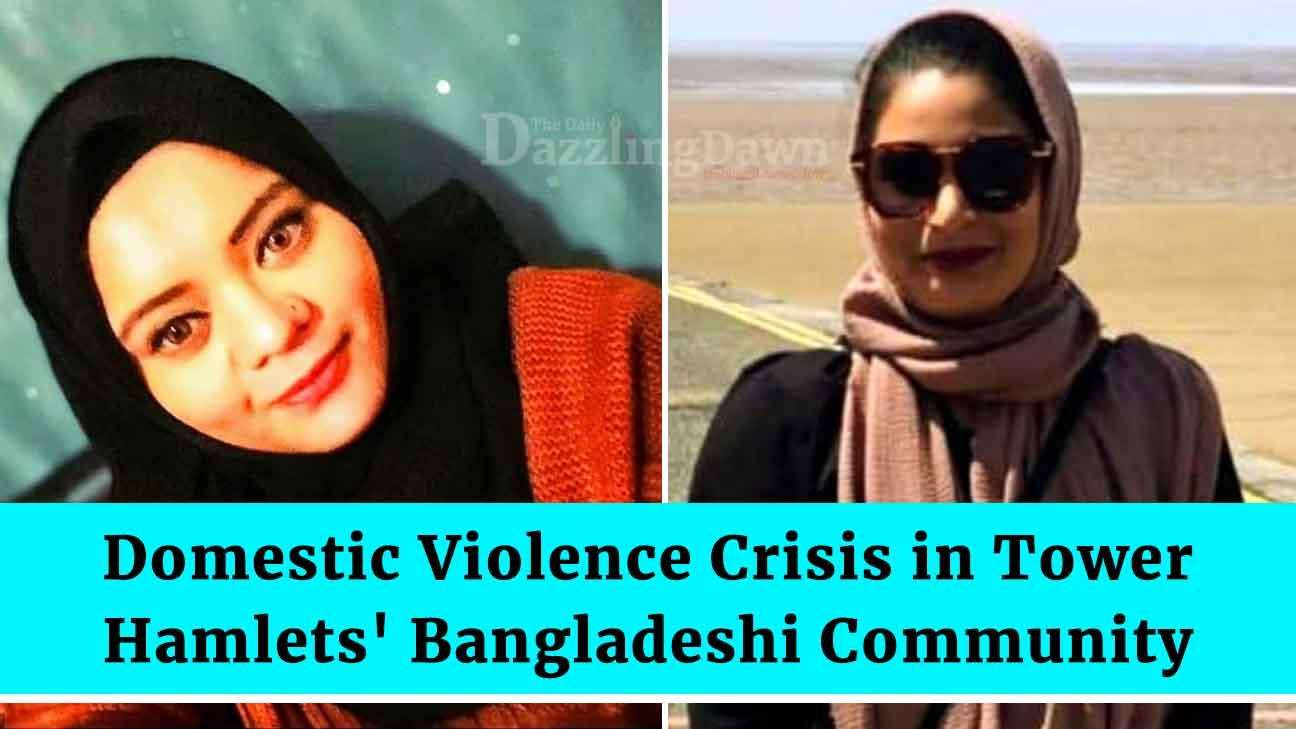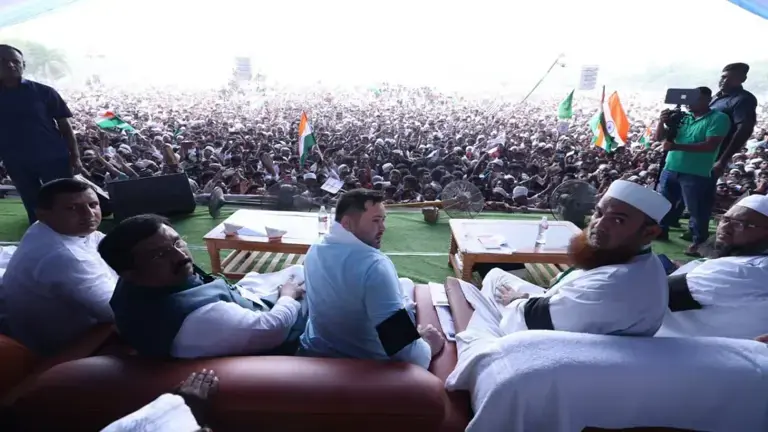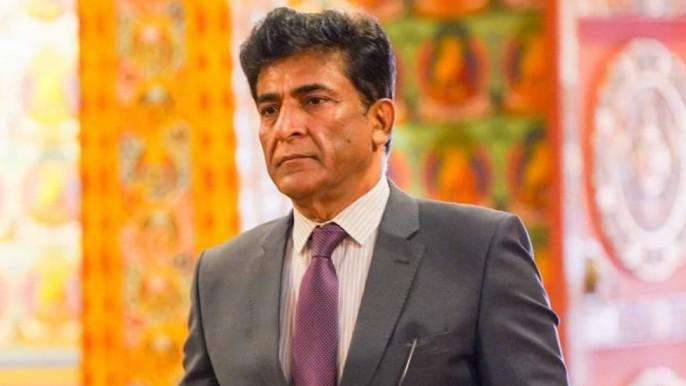A Brief Biography of H.E. Syed Ahmed Maroof
Born in 1967 in Quetta, Syed Ahmed Maroof holds a Master’s degree in Statistics from the University of Balochistan and advanced training in Negotiation Skills and Spanish (Level 3) from UNITAR, New York. He joined Pakistan’s Foreign Service in 1996 and has held key roles at the Ministry of Foreign Affairs, including Desk Officer, Deputy Chief of Protocol, Director, and Director General. Additionally, he has served in senior capacities at the Prime Minister’s Office.
His diplomatic assignments include postings in Nairobi (as Minister/DHM), Birmingham (as Consul General), and roles in Brasilia, Kathmandu, London, and New York. Since October 2023, he has been serving as Pakistan’s High Commissioner to Bangladesh, bringing vast experience and proficiency in Portuguese. In his leisure time, he enjoys woodworking, painting, and cooking. He is married.
---
Q1. Let us begin by discussing the economic and business relations between Pakistan and Bangladesh. How would you evaluate the current state of these ties?
H.E. Syed Ahmed Maroof:
Economic and trade relations between Pakistan and Bangladesh have made notable progress in recent years. The highest trade volume between the two countries was achieved in the 2022-2023 fiscal year, reaching nearly $1 billion. Pakistan’s exports to Bangladesh accounted for approximately $700 million, with the remainder being Bangladesh’s exports to Pakistan.
We have observed a positive trajectory in bilateral trade, especially with the establishment of direct shipping lines. The second direct ship recently arrived in Chittagong, carrying double the load of the first. Previously, shipments took up to 40 days due to the absence of direct shipping lines and mandatory inspections. Now, with these obstacles removed, shipments are reaching destinations in under 15 days, greatly benefiting exporters and importers on both sides.
Key Pakistani exports to Bangladesh include dolomite for glassmaking, inputs for insecticide production, RMG components, cement clinker, onions, potatoes, and other agricultural commodities. Negotiations for rice and onion exports are ongoing to ensure price stability, especially ahead of Ramadan. The progress in trade relations is promising, and we remain optimistic about future growth.
---
Q2. Are there any upcoming initiatives to strengthen bilateral trade or remove existing barriers?
H.E. Syed Ahmed Maroof:
At present, there are no significant trade barriers. The earlier challenge of the absence of direct shipping lines has been resolved. Moving forward, we aim to further enhance economic ties through platforms such as the Joint Economic Commission (JEC), which has been dormant for over 15 years. The revival of the JEC will provide a vital forum to address challenges, propose solutions, and explore new areas of collaboration.
Additionally, chambers of commerce from both countries are engaging virtually, with the Dhaka Chamber of Commerce holding discussions with counterparts in Karachi, Lahore, and Rawalpindi. Such interactions are paving the way for stronger trade relations and potential joint ventures.
---
Q3. Are there any new commodities or sectors under consideration for bilateral trade?
H.E. Syed Ahmed Maroof:
The potential for expanding trade is immense. While existing trade items continue to grow in volume, the identification of new commodities depends on the interests of the business communities on both sides. We, as facilitators, encourage businesses to explore economically viable opportunities.
Discussions are already underway regarding agricultural commodities like rice and onions. With the current positive momentum in bilateral trade, we expect further diversification in trade portfolios.
---
Q4. What sectors show the most potential for collaboration, considering the comparative advantages of both countries?
H.E. Syed Ahmed Maroof:
Collaboration thrives on comparative advantages. Bangladesh excels in ready-made garments (RMG), while Pakistan has strengths in agriculture, textiles, and livestock. For instance, Pakistani cattle breeds, known for their genetic qualities, offer significant potential for livestock collaboration.
Geographic and seasonal differences between the two countries complement each other, enabling consistent supply chains for agricultural products. We are actively engaging with the respective ministries to explore opportunities in these sectors. In manufacturing, Pakistan can contribute through technology transfer and resource sharing, unlocking further collaborative potential.
---
Q5. Are there Pakistani companies exploring investment opportunities in Bangladesh or vice versa?
H.E. Syed Ahmed Maroof:
Currently, investments from both sides are limited. However, there are examples of successful collaborations. Surti Textiles, a Pakistani company, has investments in Bangladesh. Pakistan’s textile expertise has significantly contributed to the development of Bangladesh’s RMG sector, with Pakistani professionals excelling in dyeing and weaving.
Another example is the synergy between BSRM in Bangladesh and Amreli Steel in Pakistan, showcasing potential in industrial collaboration. Although large-scale investments are yet to materialize, such collaborations provide inspiration for future initiatives.
Q6. Are there initiatives for academic collaboration or student exchanges between Pakistan and Bangladesh?
H.E. Syed Ahmed Maroof:
There are currently 144 Pakistani medical students studying in Bangladesh, highlighting existing academic ties. To enhance these ties, Pakistan’s Ministry of Education has proposed 100 scholarships for Bangladeshi students in graduate and postgraduate programs, focusing on business administration, medicine, engineering, and emerging technologies.
This initiative is in the final stages of approval, and we hope to announce it soon. Academic exchanges and collaborations will foster goodwill and mutual understanding between the youth of our nations.
---
Dazzling Dawn: Thank you, Your Excellency, for your valuable insights. We look forward to witnessing the continued growth and collaboration between Pakistan and Bangladesh.
H.E. Syed Ahmed Maroof: Thank you for the opportunity. It was a pleasure sharing my thoughts with your esteemed publication.
Interviewed by The Dazzling Dawn Bangladesh Bureau








.svg)
